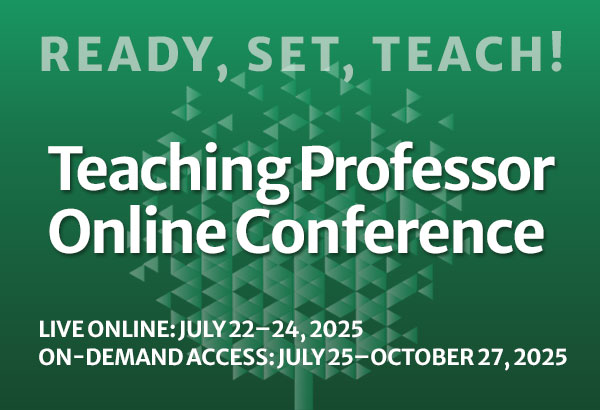Gamifying an Online Course: It’s Not a Class, It’s a Story
A few years ago I was struck by a question: What makes students so motivated to engage in “work” doing tasks in video games, yet at the same time so regularly unmotivated to do work in class that could actually benefit them and their careers?



